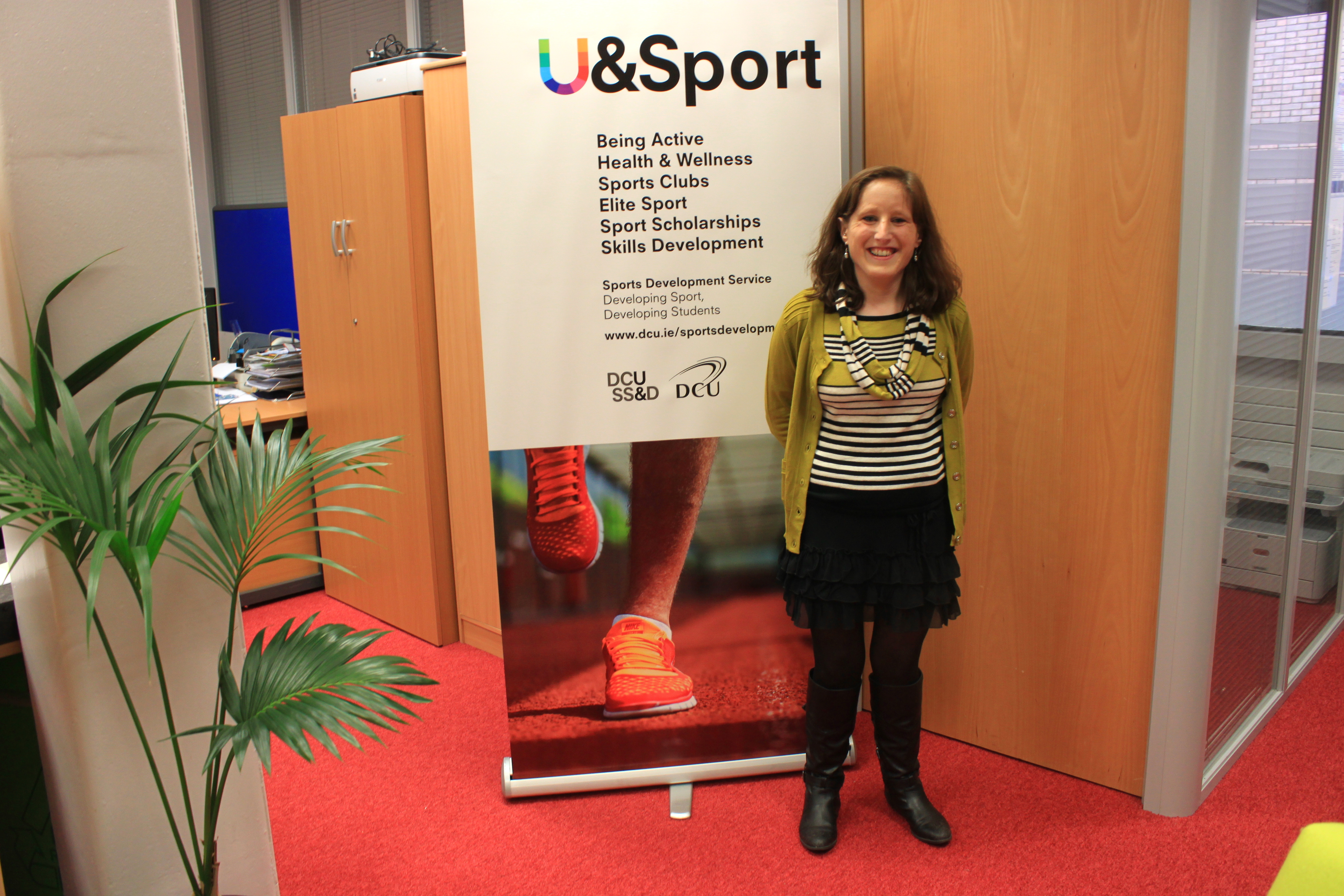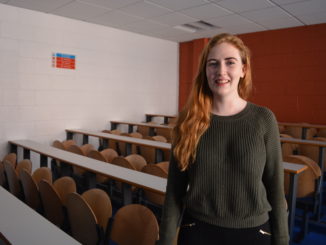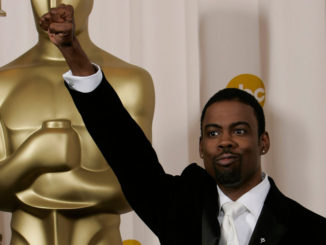For Irish music fans, scrolling through the archives on the Hard Working Class Heroes website can feel like reading through the Táin Bó Cúailnge. The birth and genesis of many legends are recorded here in lineup posters dating back to 2003 – in the beginning there was The Republic of Loose, Ham Sandwich first appear in 2004, and tales of Hozier’s appearance in front of a crowd of industry execs in 2013 has already reached mythical status.
The festival can have a different meaning for the bands themselves. Billed as a showcase event for the Irish music scene, the festival prides itself as much on the panels and workshops it runs during the day. Together, they are known as the Hard Working Class Heroes Convention. Particularly vaunted are its speed sessions, where bands get ten minutes to pitch themselves to industry professionals before a whistle blows and they move on to the next.
“When we first went there, it was kind of a real eye opener,” Chris Somers of Cork shoegazers Elastic Sleep recently told The Point of Everything. “It was like, ‘Oh, wow! The music industry does kind of exist in Ireland in a tangible way for bands to see and explore and learn through’.”
While the opportunities and long-term benefits that the event can provide for bands are clear to see, there are mixed opinions on the short-term benefits.
“We got eight drinks tokens,” Alan Pharell of Dublin duo Bad Sea tells me.
“The worst thing about [the festival] is the fact that most acts don’t get paid,” said his bandmate, Ciara Thompson.
The pair played the festival for the first time this year and feel that between state funding from Culture Ireland and sponsorship deals with HMV and Clonmel 1650 lager, the festival has the money to compensate acts.
“Tickets were €40 for the weekend too – it’s not like it was a free festival,” Ciara points out.
The festival has faced backlash from the media in the past for paying the acts with exposure rather than financial means, yet continues to get away with it.
“The media and their friends are very involved in the festival,” Alan says. Indeed, Jim Carroll of the Irish Times – who thoroughly investigated the Light Colour Sound Festival’s failure to pay its artists last year – is involved in programming and hosting of Hard Working Class Heroes convention events.
Alan and Ciara feel that the trade-off between having access to the panels and workshops that the convention provides and not getting paid for their set wasn’t worth it.
“We went to a workshop on how to make music videos with Brendan Canty, the guy who made Hozier’s ‘Take Me To Church’ video, and it was cool, but it wasn’t what we came to the festival for,” Alan tells me.
“We have a manager already so we didn’t really see the benefit of any of the industry events, and we were too wrecked to go after seeing all the gigs the night before anyway,” adds Ciara.
“The festival seems to treat all the acts as if they’re just starting out, but most bands we saw over the weekend had two or three years of experience and were utterly professional.”
There is an added worry that the festival’s heavy focus on its industry side is putting off acts from applying to play altogether. Dublin act Big Monster Love last year tweeted of the festival: “I’ve never applied, sure what would be the point? I don’t exactly have ‘industry potential’ written all over me.”
The festival was started by Angela Dorgan of First Music Contact. Dorgan is known as the ‘fairy godmother’ of Irish bands within the industry, because of her role in providing grants that enable artists to tour abroad. There is a worry that bands are afraid to speak out in case they lose this kind of help.
“Yeah, I can see why bands would be afraid of upsetting her,” said Alan.
Ciara thinks Dorgan’s passion for music is obvious, but that she may not understand how hard it is to be a new, independent artist.
“I work full-time and that supports everything we do – from gear, to going to London to play.”
All reviews of the festival seem to celebrate the community spirit it generates between bands and fans, but Ciara believes that this is almost the most frustrating thing about it.
“The focus should be on creating this sustainable community for bands in Dublin, but you can’t do that without paying artists. It just encourages them to move to London, where they will get paid for their work.”
Ciara thinks this just seems to be the attitude in Dublin: “We’re not going to pay you, but you’ll make great friends!”




Leave a Reply